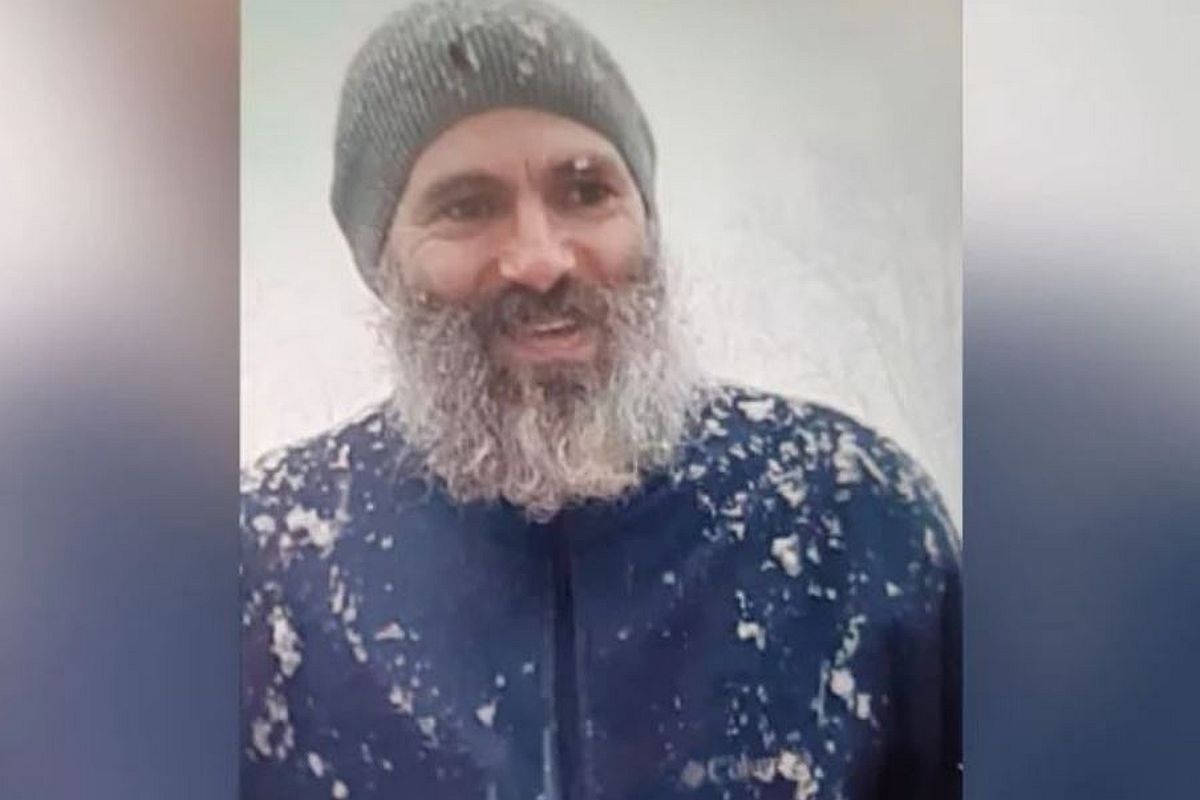Former Jammu and Kashmir CMs Omar Abdullah and Mehbooba Mufti, who were under preventive detention for the past six months, were on February 5 booked under the PSA without charges, barely hours before their arrest was to come to an end.
SNS Web | New Delhi | February 14, 2020

The Supreme Court on Friday issued notice to the Jammu and Kashmir administration on a plea of Sara Abdullah Pilot, sister of former J-K chief minister Omar Abdullah, challenging his detention under the stringent Public Safety Act (PSA), 1978.
The top court also asked the J-K administration to file a reply by March 2. The court has fixed March 2 as the next hearing on the matter and declined to list it before 15 days.
This means that Omar Abdullah, who has been under solitary confinement for over six months now since August 5, 2019, will remain under detention.
A bench headed by Justice Arun Mishra declined to entertain submission by senior advocate Kapil Sibal, representing Sara, seeking immediate relief in the Habeas Corpus petition.
Sibal insisted the brother of her client is under detention. The court inquired on what grounds he is under detention. “To avoid statements from the political leader which incite violence,” replied Sibal citing his detention since midnight of August 4 last year.
Sara Abdullah Pilot had on Monday challenged her brother Omar Abdullah’s detention under PSA terming it as “unconstitutional and a flagrant violation of fundamental right”.
Sara, in the petition, said when her brother’s release was imminent, “the petitioner has shockingly learnt about his new detention under the provisions of the Public Safety Act (under which their father also remains detained), which could have no application to one who has anyway been in custody over several months in a state that was under a complete lockdown.”
Sara had also urged the apex court to issue a writ in the nature of Habeas Corpus commanding the authorities concerned to produce “the person of the detenue forthwith before this Hon’ble Court for being set at liberty.”
Sara contended that apart from the obvious fact that her brother had disagreement with the policies of the Centre, it is a lawful right of a citizen in a democracy (especially to a member of the opposition), it is submitted that all such observations were not supported by any material whether in the form of social media posts or otherwise.
“There exists overwhelming evidence in the form of tweets and public statements made by the detenue prior to this detention that point towards the exemplary conduct of the detenue wherein the detenue as a votary of peace and public order and has repeatedly requested general people to maintain peace and tranquillity,” she said in her petition.
A new Division Bench, comprising Justice Arun Mishra and Justice Indira Banerjee is hearing the matter.
On Wednesday, Justice MM Shantanagoudar had recused himself from hearing the matter without citing any reason. “I am not participating in this matter,” he said.
Former Jammu and Kashmir chief ministers Omar Abdullah and Mehbooba Mufti, who were under preventive detention for the past six months, were on February 5 booked under the PSA without charges, barely hours before their arrest was to come to an end.
Under PSA, a person can be detained without trial for up to two years. Senior Abdullah was slapped with the stringent PSA on September 17 last year which was reviewed by authorities on December 15, 2019, and it was agreed that he would continue to remain in detention for another 90 days.
The law was enacted by Farooq Abdullah’s father Sheikh Mohammed Abdullah in 1978 initially to check timber smuggling.
The PSA, which came handy for the police force to book separatists and militant sympathisers, has two sections — ‘public order’ and ‘threat to the security of the state’. The former allows detention without trial for six months and the latter for two years.
For Omar Abdullah, the dossier prepared by the police said, “the capacity of the subject to influence people for any cause can be gauged from the fact that he was able to convince his electorate to come out and vote in huge numbers even during the peak of militancy and poll boycotts.”
Several political leaders were picked up from their residences on August 5 last year, the day the Centre had withdrawn the special status given to J-K under Article 370 of the Constitution and divided the state into two Union Territories — Ladakh and Jammu and Kashmir.
